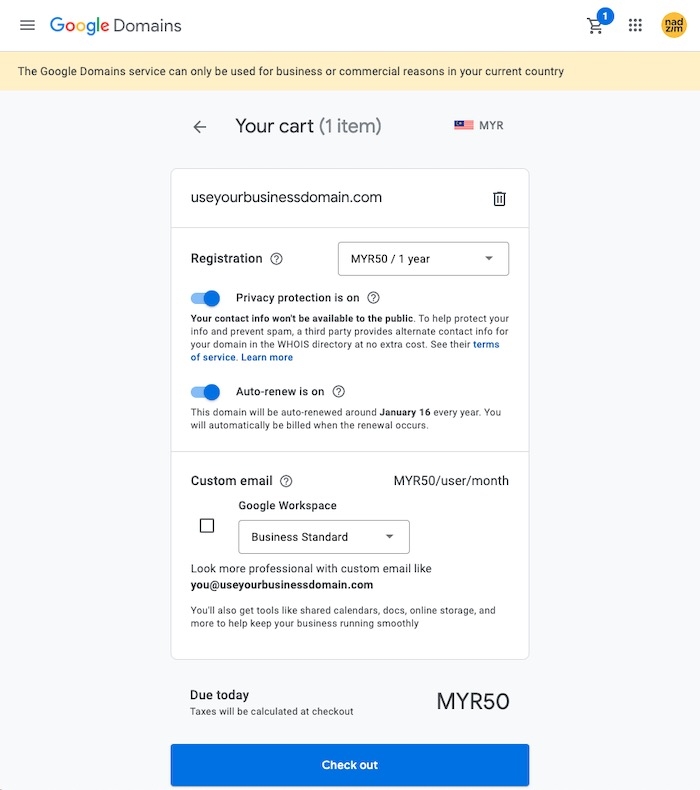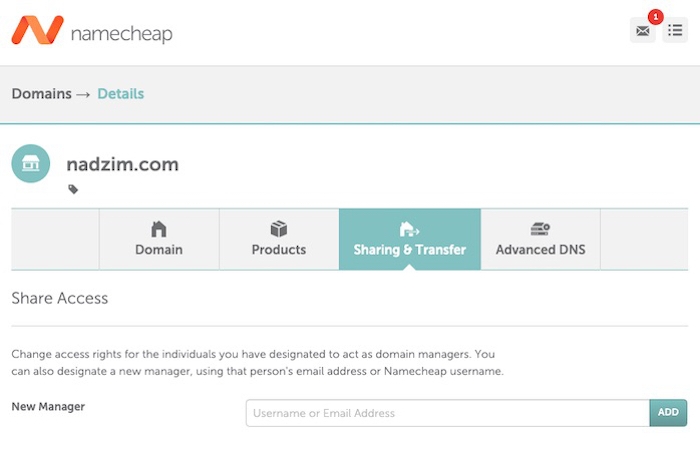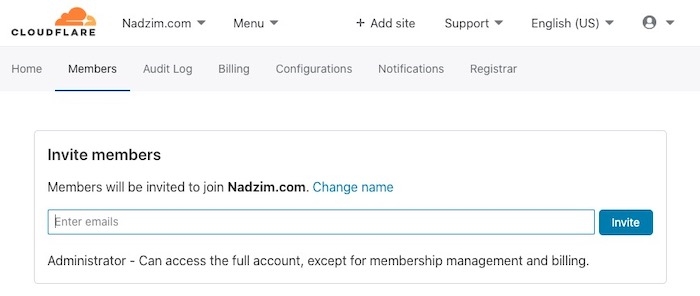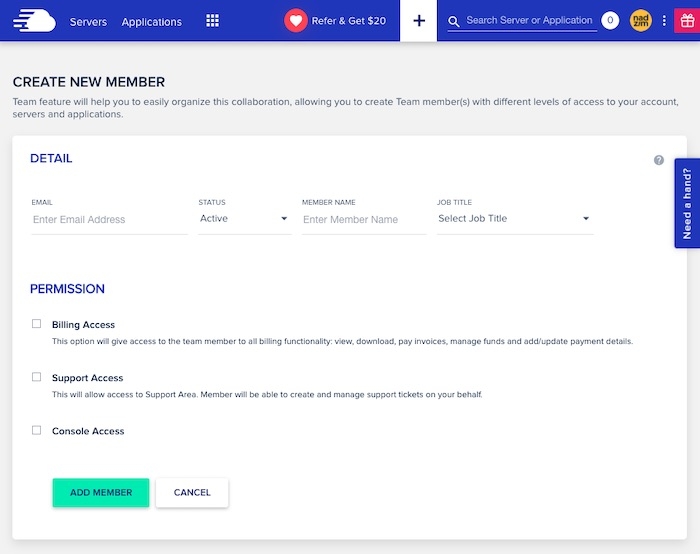Do you really own your brand new website? The question of rights and ownership over websites is often under-discussed. Business owners need to understand what they're paying a web development service for.
Unfortunately, it is not as simple as buying a bespoke suit that you fully own after paying the tailor. A website is connected to various pieces assembled by a web developer. This can make ownership a complex topic to discuss. If left to assumptions, there is a risk of misunderstanding that can lead to ugly disputes between you and a web developer. Let me help you avoid that.
Having a Developer Purchase a Domain on Behalf of the Business
Let's start with domains. A domain is a business' identity on the web and is purchased from a domain registrar. It controls access to their website, email, and more. It should be clear that this kind of power should only be reserved for the business owner and no one else. You have to protect your domain from abuse. Otherwise, you can lose critical access not only to your website but also email accounts.
The owner of a domain is the person paying directly to the domain registrar. In other words, if a web developer pays a domain registrar on behalf of the business owner, the owner is the web developer, not the business owner. You don't want that.
Purchasing a domain might sound technical but I assure you it's not. Buying a domain is like any standard online shopping process:
- Register an account with a domain registrar. Namecheap, Google Domains, or Exabytes (for .my) are excellent choices.
- Search for your desired domain and add to cart.
- Fill in your business and contact details.
- Make your payment.

Oh, be sure you don't lose or share your login credentials and pay the annual renewals on time!
Giving Web Developers Full Access to a Domain Registrar Account
After purchasing a domain, the next step is properly setting it up. This is where a domain is connected to a website or email service. It can get rather technical so your developer can help you here.
However, keep in mind that a web developer will never need access to your domain registrar account. So how can they set up a domain for you without accessing your account?
Reputable domain registrars like Namecheap has a feature that lets you assign temporary domain managers or administrators. This means you can safely assign a web developer to only take care of the technical bits. You do not have to share your account login and password. You keep full control of your domain and have the power to revoke their access anytime.

You can also assign temporary domain managers via external services like Cloudflare. This would require the task of changing nameservers (simply contact your domain registrar's support team for help) but is very secure.

Not Having Ownership to a Web Hosting Account
Let's move on to a website itself. If you are given full rights to your website, you should own all accounts for all services and software associated with your website.
This starts from your web hosting account. This is where your website lives on the web. Like domains, the owner of the website is the person paying directly to the hosting provider. I highly recommend business owners to sign up for a web hosting account instead of through a developer (referral links are fine). The risk here is if the developer fails to pay the hosting provider (e.g. being hospitalised or unreachable), you can lose your website and possibly email accounts too.
However, unlike domain ownership, hosting is more technical. A developer will need some access to your account to build your website. Reputable web hosting providers like Cloudways (referral link) allow account holders to add developers as team members. This grants them enough access to build your website but not take over your hosting account. Similar to adding a domain manager, you don't have to share your password. You can always revoke their access if needed.

No Transfer of Rights and Ownership of the Completed Website
In a typical web development project, your website will be built on the developer's temporary server. They have full ownership at this stage. It is only after the website is complete (and paid for) that the website is migrated to your own web hosting. This is how you get full rights and ownership to your website.
On the other hand, if the website remains on a web hosting account owned by the developer, it means you are only given limited rights. You can perform minor updates or manage an online store but ultimately the website is owned by the developer. This means you need to rely on the same developer to keep the website live and updated. While your developer would be happy to continue to support you, you would be solely reliant on them. Even if your developer is committed to you in good faith, factors like bankruptcy, hospitalization, or death would prevent you from getting the service you need.
By having full rights, you have the option to hire another developer if things go south.
That being said, in some situations, limited rights is not necessary a bad thing...
Spend Too Big, Too Early
By retaining the rights to your website, the developer can choose to spread the costs over multiple websites. This should translate to cost savings for the website project. Small businesses and start-ups can benefit from this. Additionally, a limited rights deal typically requires a longer-term commitment. This serves as leverage for you to negotiate for a better payment plan. So if budget is tight, it's a good idea to evaluate both full and limited rights options.
We've talked about hosting but many other things follow the same logic too. There are premium themes, plugins, and third-party services that provide useful features for your website. Large businesses should create accounts and purchase these licenses directly. Start-ups and smaller businesses might consider to 'piggy back' the developer's licenses to accommodate a limited budget.

You can always take full ownership (for a fee) at a later stage when your business cashflow is more comfortable.
Summary
There you go! You've made it this far so I hope it was a valuable read. In short:
- Businesses must own their domain, purchased directly from a domain registrar. Never through a web developer.
- Businesses can assign developers to manage the technical aspects of a domain without giving full access to their account.
- When building a website, businesses should have full rights. This means access to all accounts including the website itself, hosting, third-party services, and others.
- Smaller businesses can consider limited rights and longer commitment to the developer for significant cost savings.
I hope I've helped you to have a solid understanding on website ownership to make the best decision for your business. If you like this post, stay tuned for Part 2!
